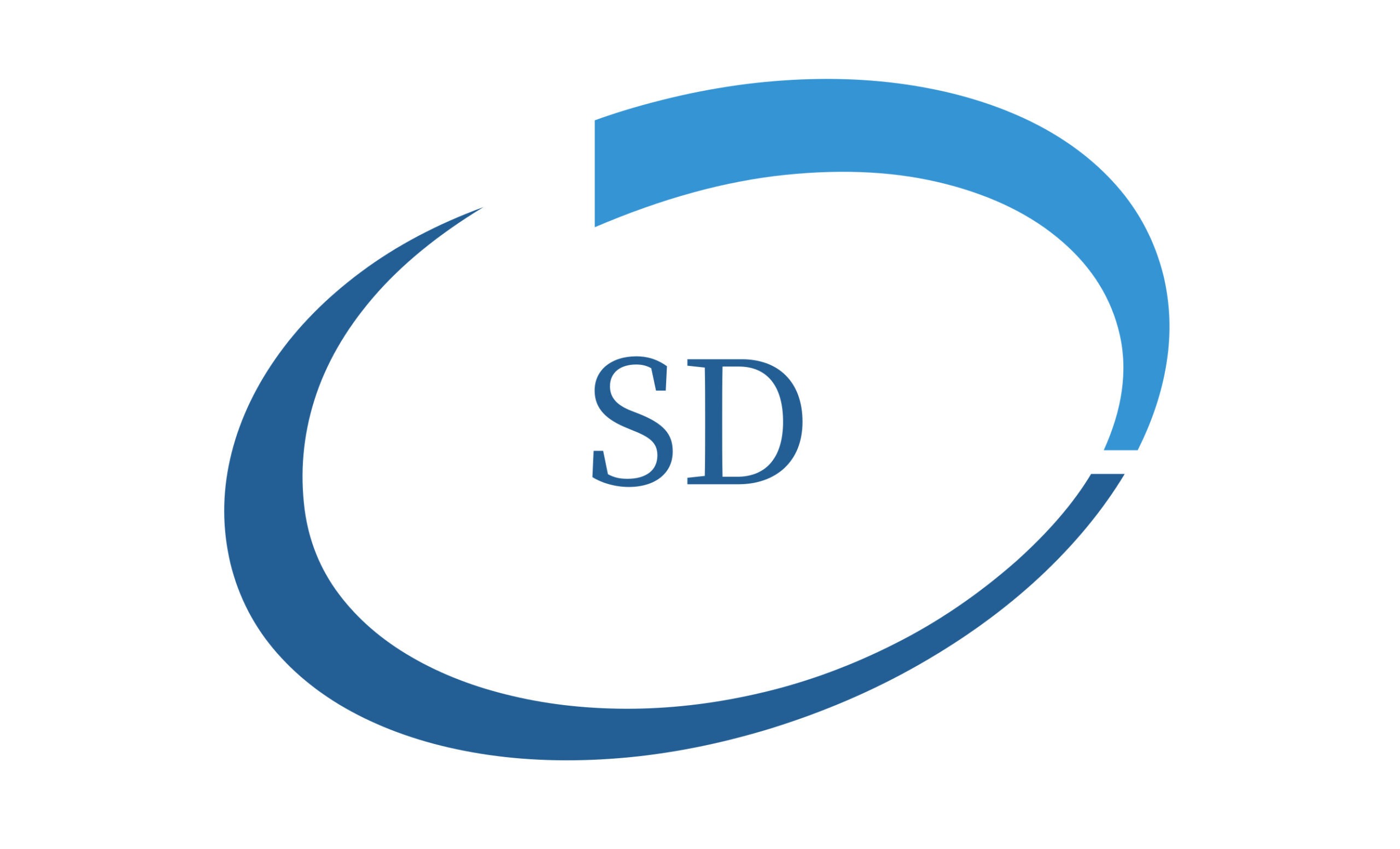Business planning. What’s it all about? You may wonder whether you need one in the first place.
Well, we’re here to tell you that, yes, you do in fact need a business plan. Not only will it be a valuable support resource throughout the early days of your new venture, but also a great reference point the further down the road you go.
Before we explain how useful a business plan is, you’ll need to know how to put one together.
What is a business plan?
A business plan is a collection of essential documents and information you need to accurately represent your proposals. You should be able to clearly explain your main concept, how you’ll action it and what you need to make it happen.
In your plan, you’ll also include the following:
- financial forecasts
- market analysis
- goals and objectives for your business
- operation and management plans.
Your business plan should provide the reader with a clear picture of your expectations from the get-go. Remember, if your business plan confuses its reader, it’s not doing its job.
Why do I need a business plan?
Your business plan is multi-purpose. Consider it the Swiss Army Knife of your professional toolbelt. A well-built plan can help you potentially find opportunities that will allow your business to build traction and start reaching those important milestones.
Finding loans and investments
Only some people are lucky enough to have the capital they need from day one; you may have to meet with investors and lenders to get the funds you need to get your business off the ground.
This is where your plan comes into play. As mentioned above, your plan should include a market analysis, management plan cashflow forecasts and everything else, you’ll be able to prove your business is not only safe, but profitable.
Any lender will look at your proposal more favourably if you can prove you’ve done thorough research.
Avoid unnecessary pitfalls
You can’t read the future. No one can. But you can still prepare yourself for most eventualities.
During your extensive research for your business plan, you’ll be carrying out the market analysis as well as eyeing up the competition.
In doing so, you can find out whether there’s really a place for your business in the current climate. If not, you may need to reconsider or change your proposal. The last thing you want is to find the funding and get things moving only to fade into obscurity.
Again, your cashflow forecasts will play a significant role in your plans. By ‘predicting’ your business’s cashflow, you can potentially identify times when you’ll need to curb your spending.
This will allow you to save as much as possible while cutting back on unessential costs, thus avoiding a situation where you have bills to pay but nothing in the bank.
Providing guidance
After a few months of running your business, you should be able to take a small step back and review your progress. You’ll no doubt see some things that went well, but you could also spot something in your structure or processes that don’t quite fit with your original intentions.
If that’s the case, you can refer back to your business plan. After putting all the hard work into writing one, why not use it as a resource? That’s what it’s there for.
You can constantly check your business model against your plan. Should you need to change something in order to make them align, you can.
Get a head start
When your business is facing choppy weather, your business plan is a lighthouse, calling you to port. No matter what stage you’re at in your business journey, whether it’s the first days, weeks or months, your plan is there to help guide you.
If you’re unsure how to get a start on your plan or need advice on its contents, we’ll happily discuss it with you.
Get in touch to talk about your business planning.
